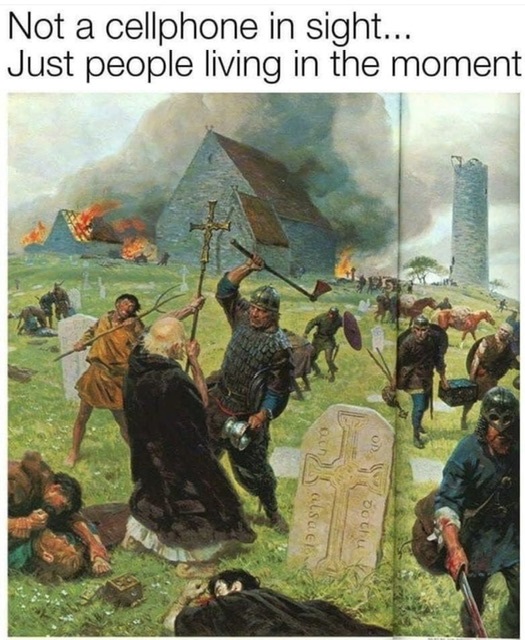Discussion topic for today - Social Media. I would be interested to hear people's thoughts on this. I believe social media has destroyed the fabric of civilisation. We have lost the ability to "agree to disagree" and to tolerate opinions and beliefs contrary to our own, screeching names and insults at anyone who disagrees with us and calling for them to be cancelled.
We have become extraordinarily self obsessed and narcissistic, endlessly taking photos of ourselves and posting our every thought to the world. Most of all though I believe we have become incredibly unhappy and unable to experience real life. Most people I see are far more interested in filming and posting their lives to curate a perfect online profile of themselves than in actually living those wonderful moments that make life worth while. For instance, if you see a beautiful sunset is your first instinct to stand there and contemplate its wonder or to post a picture of it online?
There's lots more that could be said on this discussion, especially the effect on young people.
Would be interested to hear everyone's opinions



